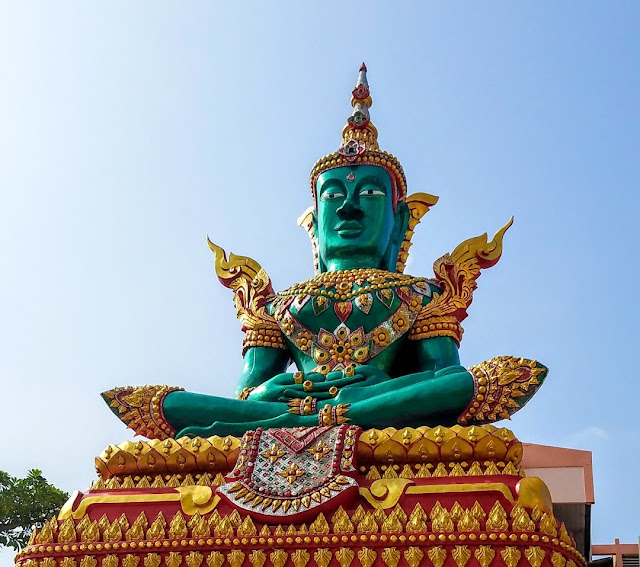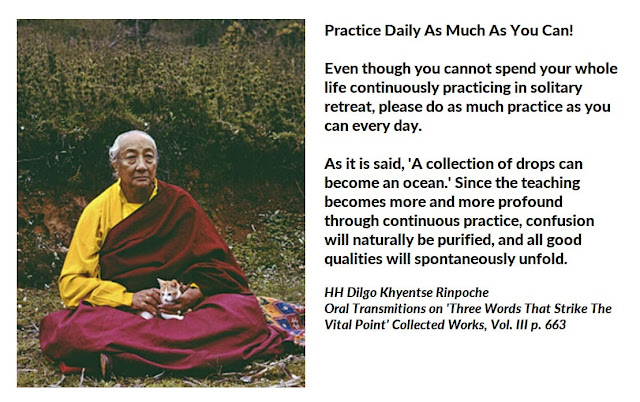I've sat on writing this because I was waiting for the article that explains it all in the proper context, and that article came out yesterday, about recent information and a video about the 83 year old Dalai Lama.
When the video came out, I couldn't watch it. "Suck my tongue" doesn't have good optics for people outside Tibet, but it turns out there is a cultural background that makes it part of playful dialogue for the elderly with children:
There's an excellent article in Tricycle by Joshua Brallier Shelton, a PhD student at Northwestern in Buddhist studies and masculinity. His studies include "uncovering the ways that male power becomes entangled in practitioners’ sincere religious aspirations, cultivating environments in which men eroticize and abuse that power in perverse and nauseating ways." He speaks Tibetan and is a practitioner himself.
He talks about his own discomfort, but also the importance of hearing Tibetan voices. The family were joyous at meeting the Dalai Lama and the video comes out 2 months later. Whether or not it was brought out by forces sympathetic to China, who are deeply against the Dalai Lama, that would be interesting to find out.
There is a problem with sexual misconduct, and power structures, but Shelton concludes this incident isn't one of them, after elegantly laying out the various aspects of this incident. I'm going to take his word for it, and the words of Tibetans.
You can feel the need of people that this is innocent, and you can feel the tension of people who want to take the Dalai Lama down a peg, expose him, depower him. I've always seen him as a global spokesman but also on the leader of one of five main sects of Buddhism from Tibet. For people who regard him as the manifestation of Avalokita, he's a projection of their own power onto him, and he reflects their power back to them. He has devoted his entire life for working for Buddhism, Tibet, with lots of support to be sure, but also many years of intense practice. I know people who resent his popularity and influence, insist he's not all that. China, a collection of individuals, whose government invaded Tibet in 1959, and wouldn't be unhappy if the Dalai Lama took a hit on this one. Autocratic countries like China use information to undermine many things in open societies, like democracy and spiritual traditions, knowing that there will be some blowback such that the Dalai Lama issues an apology, when most Tibetans don't think he even needs to apologize. There's a freaky frame to this whole situation, and unpacking that is interesting. Hearing Tibetan voices is interesting. My heart goes out to them. There are several Tibetans who live in my neighborhood, and I'm going to have to ask them about this, it's an excuse to strike up another conversation.
Links in Shelton article:
Tibetan women say ‘no’ to violence as part of 16-day activism against gender disparity (Phayul).
Buddhist scholars receive grant to document sexual abuse in American Buddhism (Lion's Roar).
Tiben voice of Tenzin Pema (Facebook).
After 60 years in India, why are Tibetans leaving? (Al Jazeera)
Dr. Lobsang Sangay (Facebook) Video of someone who worked with the Dalai Lama for 10 years.
.JPG)




























